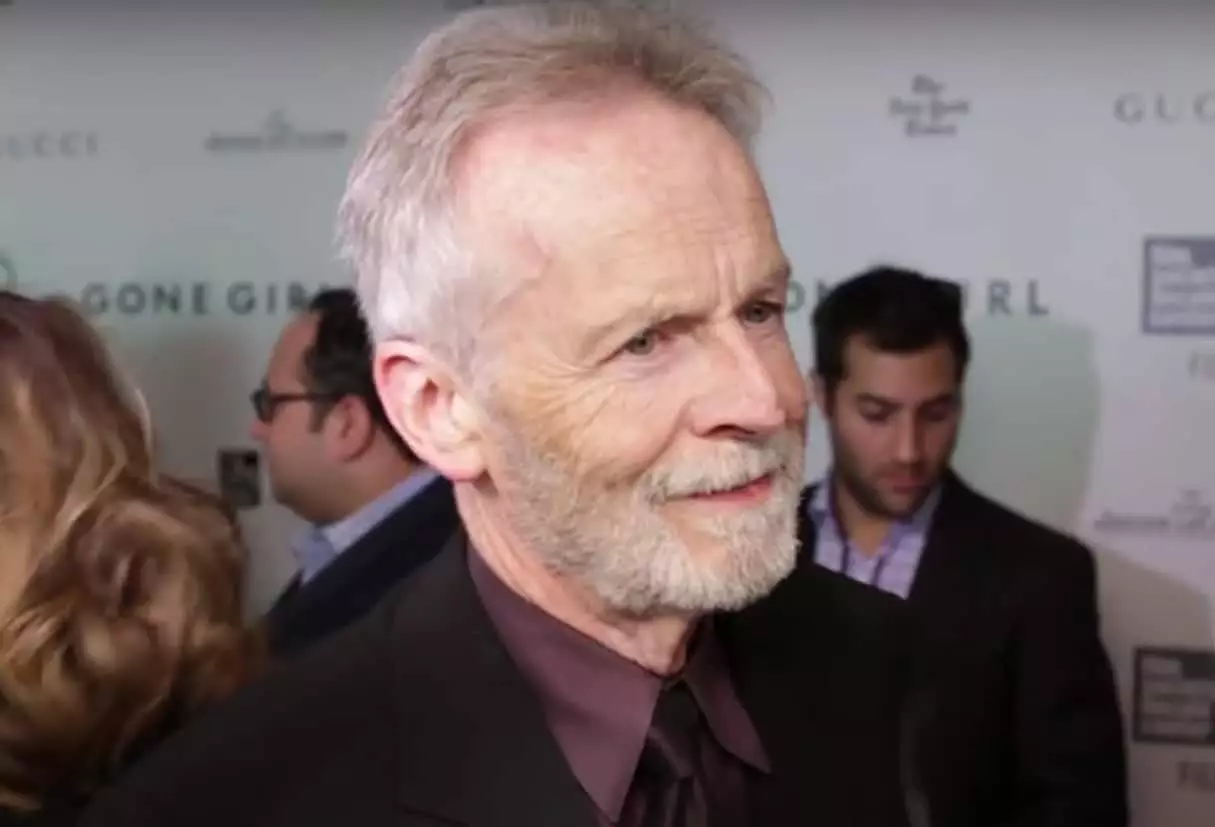At a recent movie convention, an intriguing conversation unfolded between veteran actor David Clennon and a curious audience. Clennon, known for his remarkable roles in films like “The Thing” and “Gone Girl,” shared his personal experiences and feelings toward the legendary boxer Muhammad Ali. As an actor who collaborated with Ali in the 1977 film “The Greatest,” Clennon’s insights shed light not only on Ali’s character but also on a pivotal period in American history marked by war, civil rights, and social upheaval. The film chronicles Ali’s life, particularly the struggle he faced when he famously refused military service during the Vietnam War.
Clennon’s involvement in the film intersects significantly with Ali’s life choices. The film features a momentous scene where Clennon, portraying a U.S. marshal, tries to guide Ali out of a room in a moment that carries weight beyond script. Ali’s dissent against the draft was not just an individual protest; it became a symbol for a generation that found itself in staunch opposition to the Vietnam War. Clennon articulates his admiration for Ali’s courageous stand, sharing a personal connection through his own views on the war. He knew instinctively that Ali was jeopardizing his illustrious career for a moral stand, and this deeply resonated with him and many others who viewed Ali as a leader in a complex time.
What makes Clennon’s reflections particularly compelling is the authenticity of his experiences with Ali off-camera. He paints a picture of a man devoid of the typical ego that accompanies fame. Clennon recalls the fleeting yet profound moments spent with Ali, sharing meals and laughter. This camaraderie offers a rare glimpse into Ali’s true essence, stripped of the accolades and spotlight. Clennon’s recounting allows us to envision Ali not as an untouchable icon but as a personable individual who embraced the authenticity of the moment, grateful for the opportunity to portray his own life story. Ali’s demeanor, characterized by warmth and approachability, embodies the very essence of a hero the world needed at that time.
When asked about the cinematic representation of Ali’s life, Clennon doesn’t shy away from expressing his sentiments. He acknowledges the plethora of films and documentaries chronicling Ali, yet asserts his belief that “The Greatest” holds a special place among them. Clennon offers an appraisal of the film, citing its unique value in featuring Ali himself rather than merely an actor interpreting his life. He draws distinctions between various portrayals, affirming that while Will Smith’s portrayal in the 2001 film “Ali” was commendable, there’s a level of authenticity in the original film that stands apart. This opinion underscores the significance of representation, the importance of authenticity, and how Ali himself, in all his complexity, remains a vital part of America’s cultural fabric.
Clennon’s reflections on Ali are not limited to admiration for his boxing prowess but extend into commentary on the broader implications of Ali’s choices—the societal conversations that arise from his stances, and the power dynamics at play. Ali transcended the boxing ring to become a formidable figure in the realm of social justice and human rights. As Clennon observes, Ali had an impact that reverberated far beyond sports; the boxer provoked opinions and discussions, drawing both supporters and detractors alike. It’s a reminder of how public figures can catalyze change and how their influence is profound in not just shaping their legacies, but in challenging societal norms.
David Clennon’s narratives serve as a poignant reflection on the significance of Ali’s life and career, emphasizing the moral courage required to stand against injustice. In his recollections, Clennon does not only pay tribute to a boxing legend but also to a man whose life’s work ignited a larger dialogue about freedom, rights, and the selfless fight against oppression. Ali exemplified how celebrity can align with advocacy, ultimately becoming a beacon for hope in turbulent times. Clennon’s firsthand experiences elevate our understanding of a complex figure—one whose legacy continues to inspire generations to question, engage, and advocate for a better world.

